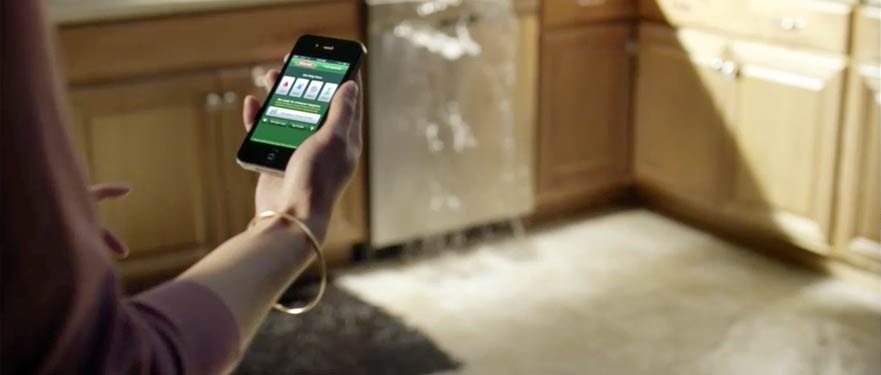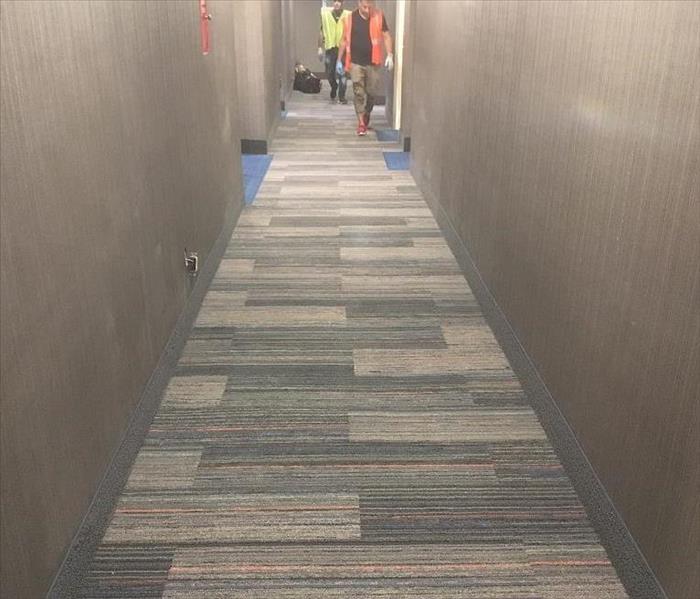
Water Damage Emergency Tips
What you can do until help arrives
Water Tips | Fire Tips | Biohazard Tips | Mold Tips
What to Do if Pipes Are Frozen
If you notice that pipes are frozen, here are some tips on steps you should take before deciding whether to call a restoration company for assistance. Before trying to thaw the pipes, see if you can find any breaks in the pipe.
If You DON’T Find Any Breaks in the Pipes:
- Increase the temperature in the home to help warm pipes.
- Try to run the water, but keep it on the colder side.
- Don’t run hot water in frozen pipes, as this can actually cause a pipe to burst
- You can try to use a heating pad or hair dryer to thaw pipes.
- DON’T try to thaw a pipe with open flame or a torch, as this could cause further damage or even start a fire.
If you DO Find Any Breaks in the Pipes:
- Turn off your home’s water main immediately to prevent any or further water damage
- Remove any items or boxes from the floor to prevent any damage to them if a pipe does burst.
- If a pipe has already burst, unplug any electric items which could come in contact with water.
- Call a plumber or restoration company to help.
Have A Water Damage Emergency? Call (212) 768-9400
What To Do After Flooding
- Remove excess water by mopping and blotting.
- Wipe excess water from wood furniture after removal of lamps and tabletop items.
- Remove and prop wet upholstery and cushions.
- Place aluminum foil or wood blocks between furniture legs and wet carpeting.
- Turn air conditioning on for maximum drying in summer.
- Remove colored rugs from wet carpeting.
- Remove art objects to a safe, dry place.
- Gather loose items from floors.
What NOT To Do After Flooding
- Don't leave wet fabrics in place. Hang furs and leather goods.
- Don't leave books, magazines or other colored items on wet carpet or floors.
- Don't use your household vacuum to remove water.
- Don't use television or other household appliances.
- Don't turn on ceiling fixtures if ceiling is wet, and keep out of rooms where ceilings are sagging.






 24/7 Emergency Service
24/7 Emergency Service




